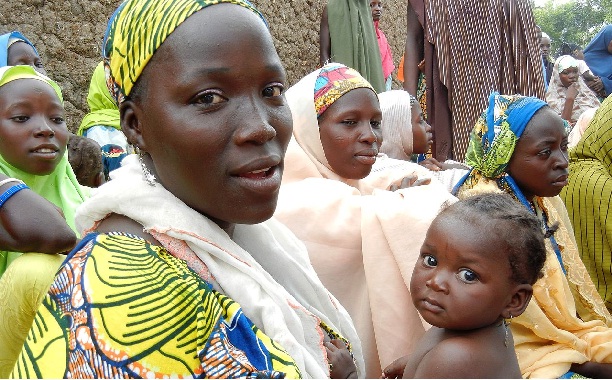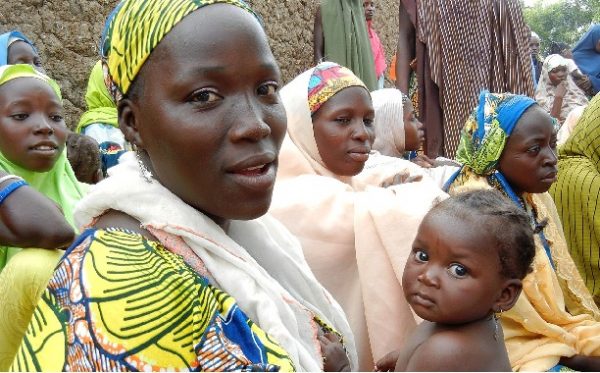The Kibaku as it is spelt is a variant of Cibak. Cibak is actually the base for the popular north eastern community, Chibok. Therefore, Kibaku is actually Cibak or variously rendered as any of the following: Chibuk, Chibok, Chibbak, Chibbuk, Kyibaku, Kibbaku, Kikuk. It is an Afro-Asiatic language spoken by about 200,000 people in Nigeria. Cibak is spoken in Askira/Uba, Chibok and Damboa local government areas in the south of Borno State in Nigeria.
Background of the Kibaku People
According to oral tradition, the Kibaku is an ethnocultural fusion of the Babir/Bura, Kanuri, Kilba, Margi, Shuwa, and Fulani. They came to Chibok Hills from about the 18th century when the Kanem-Bornu Empire was disintegrating. The 19th-century jihad and slave raids would force many ethnic groups to move away from their original locations to new ones. And as a result, the Chibok Hills came to be inhabited by the Pulai/Warga who came all the way from Viyu Kithla (Biu) and Kwanda who came from Konduga, Tstitihil from Maiva, Karagu from Birnin Ngazargamu and other locations.
The Kibaku people which are naturally fearless and brave are made up of thirty-eight different clans and sub-clans which includes Pulai, Mungai, Tsitihil, Whuntaku Pirkiu, Midiraku, Kagyau, Karagau, Kwapul, Kwangwala, Gaskil, Ngiwar, Kwapurai, Njir-Dawa, Aduwarama and Hirpaya. It is these different groups that formed the Kibaku ethnic group and developed the Kibaku language. However, they were not governed by a particular authority. They simply lived in self-autonomous communities.
The Kibaku and the Traditional Structure
According to oral tradition, it is stated that during the olden days, when a chief in Biu dies, the new chief that is to assume the position of the departed was taken to Chibok for a kind of rite before installation can take place. Upon his arrival, he would be helped by a “Chibok girl” to mount a rock (called ‘Muyar Patha’) in Wantaku and an exhortation would be made about him before being taken back to Biu for the coronation.
For the Kibaku people, their Kings in early times were referred to as “Mai” (which is sometimes translated in Hausa as ‘Owner’ or ‘One who does’ or ‘One who has’ depending on the context). Therefore, when one is referred to for example as ‘Mai Angwa’, it means the ‘Owner of the town’ or ‘one who has the town’. Amongst the early ‘Mais’ of the Kibaku People were the Mai Jatau, Mai Njaba, Mai Gana. In recent times, however, the Mais has simply been reduced to district head under the Borno Emirate Council.
It is important to also note that, like most ethnic group across Nigeria, clan leadership among the Kibaku people is based on age.
The Interesting Kibaku Story
The Kibaku people have one special story they’ve carried for long and it is as follows:
The Kibaku once had a King whose dwelling place was in the mountains and had a rock throne that his subjects were allowed to approach only by sitting down facing away from it. His subjects were not allowed to look at him and therefore, they never looked at him. But the British came in their might to colonise the people and when it became glaring that Chibok could no longer withstand the might of the British, this king decided to disappear into the mountains permanently rather than cede to colonial power. The rationale of the disappearance by the King was stated in these words:
“If a king cannot be a king like a king should be a king, there should be no king at all,”
Interesting Facts About the Kibaku People
- An interesting fact that has been stated about the Kibaku people in Chibok is that it is the very last place in Nigeria to submit to British rule. And to the Kibaku people, this is a source of pride; a mark of their fearlessness and bravery.
Sources:
Wikipedia
Pulse NG
Featured Image Source: Immortal News


